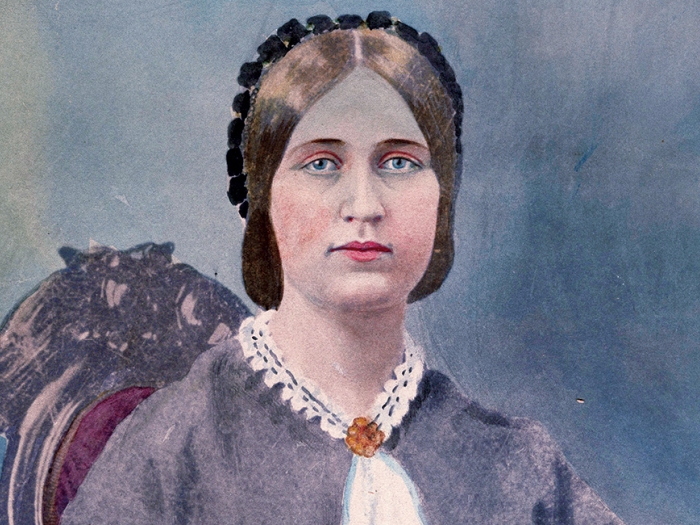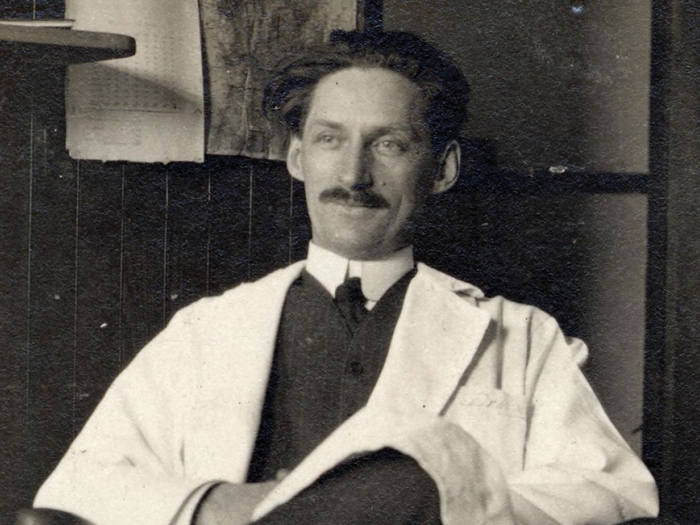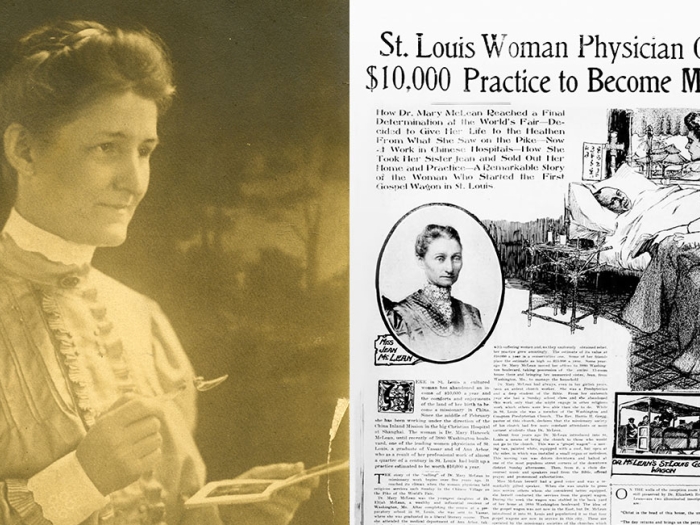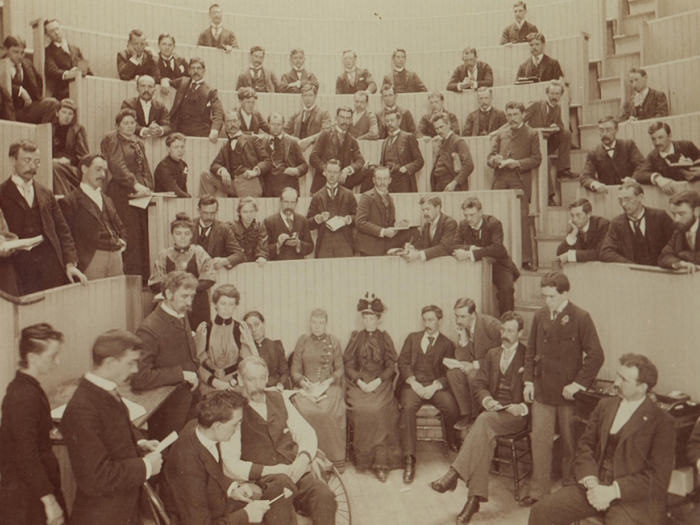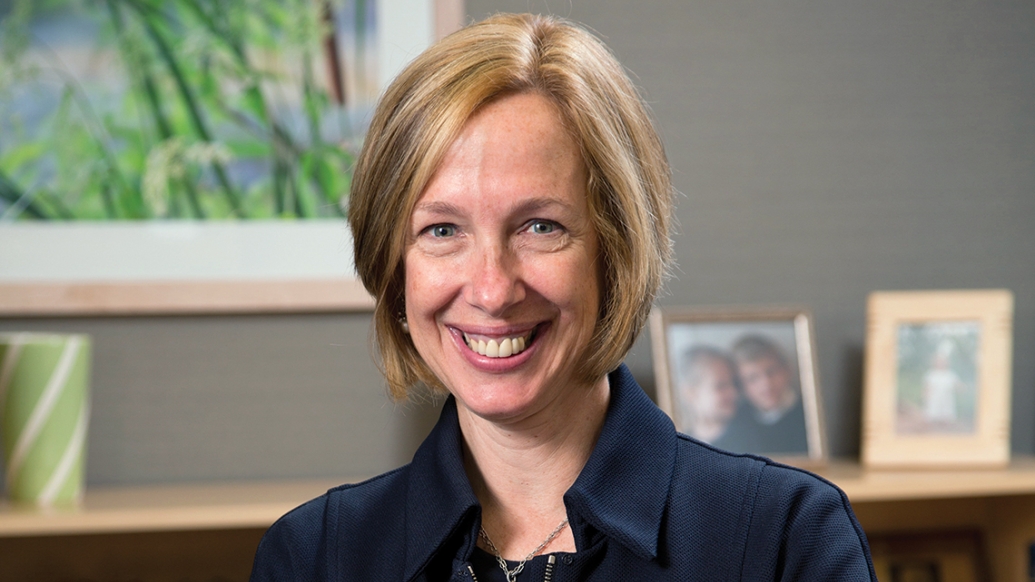
Our medical school has a rich and storied tradition of educating generations of Michigan physicians and scientists and conducting leading-edge research that has transformed medicine and health care.
From 1850, when the university swung open the doors to its medical school, to the present, when we prepare our students to become change agents and leaders in health care, Michigan has enjoyed a glorious past that is shaping our future.
In 1869, Michigan was the first medical school in the United States to own and operate its own hospital, facilitating the introduction of the modern medical curriculum and the first clinical clerkships (see "The First University Hospital,"). We also were one of the first major medical schools to teach science-based medicine, and among the first to admit women.
Today, we are setting the leading edge of medical education with a new curricular model that is greatly enhancing our students' education in the clinical setting, while integrating science-based education throughout all phases of the program. Be it 1850 or 2020, Michigan always has been a leader in education.
The common thread throughout the past 170 years has been a reliance on our greatest resource during this era of transformation: people.
From the three members who comprised the medical department — the precursor to the medical school — to the thousands of faculty, staff, and learners who form today's learning community that is engaged in bold and innovative education for the advancement of science, health, and health care delivery, we have relied on people to make Michigan Medicine what it was in 1850 — a pioneer — and what it is in 2020 — a leader.
The people pillar of the new Medical School strategic plan affirms our goal to recruit, develop, and retain the best faculty, staff, and learners who work together for the greater good. Key to the success of this pillar is building a supportive and inclusive culture where all people feel valued and can thrive. Over the next five years, we will execute strategies and tactics to implement this new plan and, in doing so, will catalyze a community where all are committed to bringing out the best in themselves and each other, and whose members practice and promote excellence, humility, and kindness.
While it is imperative that Michigan Medicine has a strong workforce and body of learners to be successful, there are benefits for our people as well. Working, studying, and living within our community exposes us all to diverse viewpoints and provides us with opportunities to learn about other cultures and how those around us work and learn. With the right individuals in place through- out Michigan Medicine, both the organization and its people succeed together. When all are focused on our tripartite mission, the people we serve — patients, families, and our communities — benefit the most.
For 170 years, Michigan Medicine has led monumental change in education, research, and patient care. By continuing to empower people, we will stay ahead of the curve and galvanize our reputation as a world leader in all three areas.
Michigan Medicine is a tremendous place to work, to learn, to provide care, and to pursue scholarship and discovery.
Together, we also are making history.
Carol R. Bradford (M.D. 1986, Fellowship 1988, Residency 1992)
Executive Vice Dean for Academic Affairs, Medical School;
Chief Academic Officer, Michigan Medicine;
Professor of Otolaryngology-Head and Neck Surgery

